How do you get an FFL? There’s a procedure to be followed in order to get there, as with licensure of any kind. Not only that, it’s actually pretty easy.
Well, it’s not necessarily the easiest thing in the world, but getting a Federal Firearms License from the Bureau of Alcohol, Tobacco, Firearms and Explosives – which some people argue should be a store rather than a government agency, but that’s for another time – isn’t really very hard. If you manage to get your taxes done each year, you pretty much have the wherewithal needed to get an FFL.
Bear in mind that we are not lawyers, we don’t play them on television and this is not legal advice.
So, how is that done? You follow these steps:
Anyhow, the application process isn’t complicated. You don’t even have to really do a whole lot for most of it, as most of your time will be spent waiting. Bear in mind that each step in this application can be much more involved than this brief description; this is just a general overview of getting an FFL.
If you’d like to learn more about the nuances involved from a firearms attorney, feel free to check out RocketFFL’s How to Get an FFL Course However, even they’ll tell you the course isn’t required – you can absolutely do this on your own (they agree with our guide below). But, the course can sure help to make sure you make the right decisions as you set everything up and that your FFL is set up the right way to avoid problems later.
Step 1
Decide on which FFL you wish to hold. There are 9 different varieties of license, each with its own different focus, so it behooves you to know what kind you’re interested in getting.
You’ll notice the phrase “Destructive Devices.” This includes grenades, grenade launchers, rocket launchers, cannons, and any gun with a bore diameter in excess of .500 inches. However, rifles and shotguns with a bore larger than this can escape this classification if they have a “legitimate sporting purpose” and are deemed to fit that exception by the ATF. That’s how elephant rifles and shotguns aren’t thusly classified.
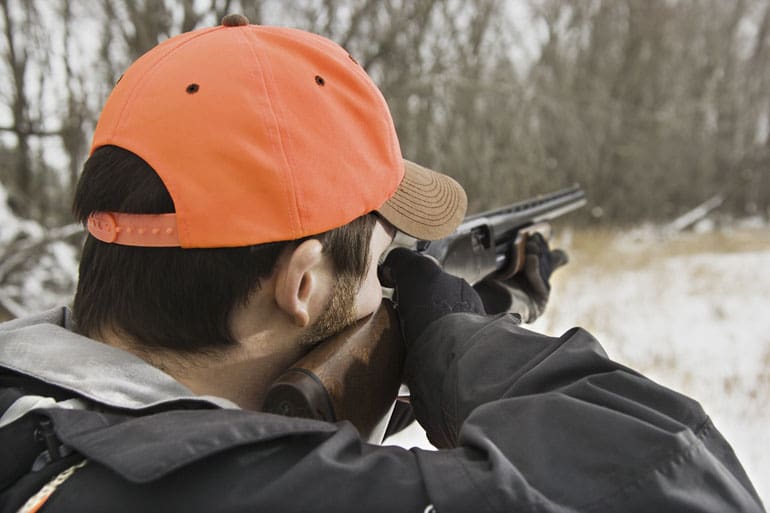
That said, license types include:
01 – Dealer in Firearms Other than Destructive Devices. This means someone who sells guns for a living, including a person who works in a gunshop (the typical firearms dealer) or a gunsmith. To sell NFA/Title II firearms, that requires you (as sole proprietor) or the gunshop you work in to be registered as an appropriately-classed (Class 3) Special Occupational Taxpayer.
02 – Pawnbroker in Firearms Other than Destructive Devices. The same thing, but as part of a pawn operation.
03 – Collector of Curio and Relics. This is a non-professional license; it basically lets you buy curio and relic firearms with a bit more freedom than typical firearms. You cannot, however, conduct business with this license. You may buy more freely, but not sell a C&R firearm to another person without using a Class 01 FFL dealer.
06 – Manufacturer of Ammunition for Firearms Other Than Ammunition for Destructive Devices or Armor Piercing Ammunition. A maker of ammunition other than explosives and/or armor-piercing ammo. Want to sell people your handloads? This is what you need.
07 – Manufacturer of Firearms other than Destructive Devices. Self-explanatory.
08 – Importer of Firearms or Ammunition for Firearms other than Destructive Devices. An importer of guns and ammunition other than Destructive Devices, ie grenades, grenade launchers, rocket launchers, cannons, etc.
09 – Dealer of Destructive Devices. Pretty self-explanatory, really.
10 – Manufacturer of Destructive Devices, Ammunition for Destructive Devices or Armor Piercing Ammunition. You get the idea.
11 – Importer of Destructive Devices, Ammunition for Destructive Devices or Armor Piercing Ammunition. Speaks for itself.
After you’ve determined which license you’d like to obtain, move on to . . .
Step 2
Download and complete ATF Form 7/7CR and ATF Form 7/7CR Part B, which is the Responsible Person Questionnaire. Fill out both to the best of your ability, and attach a 2″ by 2″ photograph of your ugly mug that gives a full view of your face, no hat or obscuring your receding hairline. You also need to provide fingerprint cards (obtainable through local law enforcement) and the application fee.
However, those applying for a type 03 license – Curio and Relic collectors – don’t need to provide fingerprint cards nor a photograph.
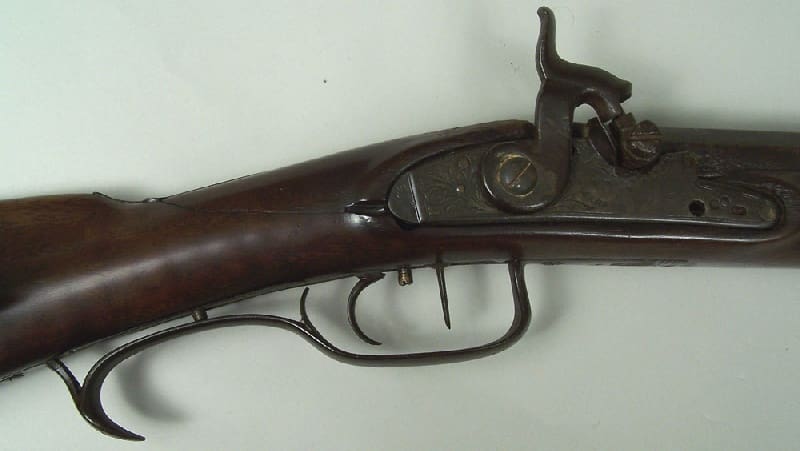
If you’re applying for a license to engage in the business of firearms, you will need to provide a business address. It is up to you to ensure that all local laws are complied with regarding the place of business, including zoning ordinances and so on. If you do not, the ATF will almost certainly find out and deny your application.
You must also provide a copy of your application to the Chief Law Enforcement Officer in your area, be that the chief of your local municipal police or your local sheriff.
Once you’ve got these ducks in a row, it’s time for . . .
Step 3
Mail in your application, application fee and your copy to local law enforcement. This one is pretty self-explanatory. At this point, you begin The Wait, though it shouldn’t be long.
The standard FFL application process, according to the ATF is 60 days from “receipt of a properly completed application,” so – provided you get all of your ducks in a row – the process isn’t too terribly long.
The application is goes to the nearest field office for processing. At this point, the ATF conducts a background check on the person listed on the Responsible Persons form. (Which is probably you, if you’re applying for an FFL.) They will then contact you to set up the in-person interview with an Industry Operations Investigator, or IOI.
Before that occurs, however, you’ll have time to prepare your place of business as an FFL, which is . . .
Step 4
At bare minimum, you’ll want to set up safe storage of some sort. If your intention is to conduct business as a home-based FFL or as a collector of curios and relics, you should get a gun safe. Consult the ATF website for more guidance.
While this step is rather mundane – like child-proofing a home prior to your newborn becoming a toddler, aka the absolute worst thing on earth next to certain folks from the comments section.
Step 5
The IOI interview.
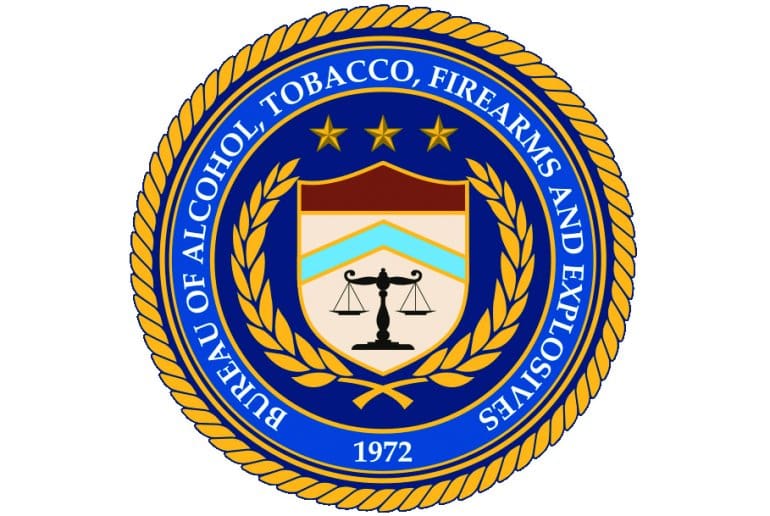
The ATF will schedule you for an interview with their Industry Operations Investigator, or IOI, for the next stage in the FFL license process. Granted, the IOI interview involves more than just a sit-down.
First, your place of business (be it your home, garage/shop or retail location) will be inspected by the IOI. You need to provide safe storage within ATF guidelines, which mandate a lock be between the public and any firearms or ammunition. If operating out of your home, the lock on your front door could technically qualify, but investing in a gun safe will likely be much more satisfactory.
The IOI will also go over your application. At this point, the application can be changed for a different FFL license type if needs be.
Apart from the application, the IOI will also be going over ATF rules, regulations as well as paperwork, which will probably constitute the bulk of the IOI interview.
The firearms business is not hugely complicated, but does require attention to certain details, especially paperwork. When you sell a gun, you are responsible for making sure that the ATF form 4473 is properly filled out. Should you be granted an FFL, you are required to keep records of every gun you sell for 20 years.
Should you wonder, that last bit puts paid certain myths about gun shows. While a private citizen can sell firearms at gun shows in some states without needing to conduct a background check, a person holding an FFL cannot. Doing so will not only result in the loss of the license but also could possibly result in criminal charges, which is something the anti-gun media doesn’t like to disclose. It could be that they’re lazy, but it’s more likely because creating a panic sells papers.
Anyhow, after going over the appropriate federal regulations, the IOI will inform you of anything that needs to be done to get your place of business in compliance with ATF and local codes and ordinances, be that a home-based FFL or a gun shop. You will be given 30 days to get into compliance or your license application will be denied.
After the interview, the IOI makes a recommendation to the Federal Firearms Licensing Center to grant or deny your application for a Federal Firearm’s License.
There may be additional licensing or other requirements in your city and/or state, which must also be complied with.
Step 6
This is the review process where the FFLC considers the IOI’s report on your application. The IOI recommends that you be granted or denied the application for your license, and then FFLC reviews their report plus the paperwork. If you’re deemed acceptable, the FFL is granted and you hold a federal firearms license.
Typically, the application process is only 30 days after the IOI interview, so it doesn’t take too terribly much time.
So, getting an FFL isn’t that hard – that’s why thousands of people get an FFL every year (even from their own homes). Just know that there are a few decisions that need to be made on the way and there can be a few pitfalls that might cause problems later. If you’d like some help along the way, check out the courses from RocketFFL to help get an FFL and become an SOT (make and sell NFA firearms).
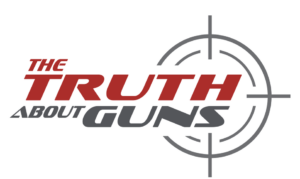




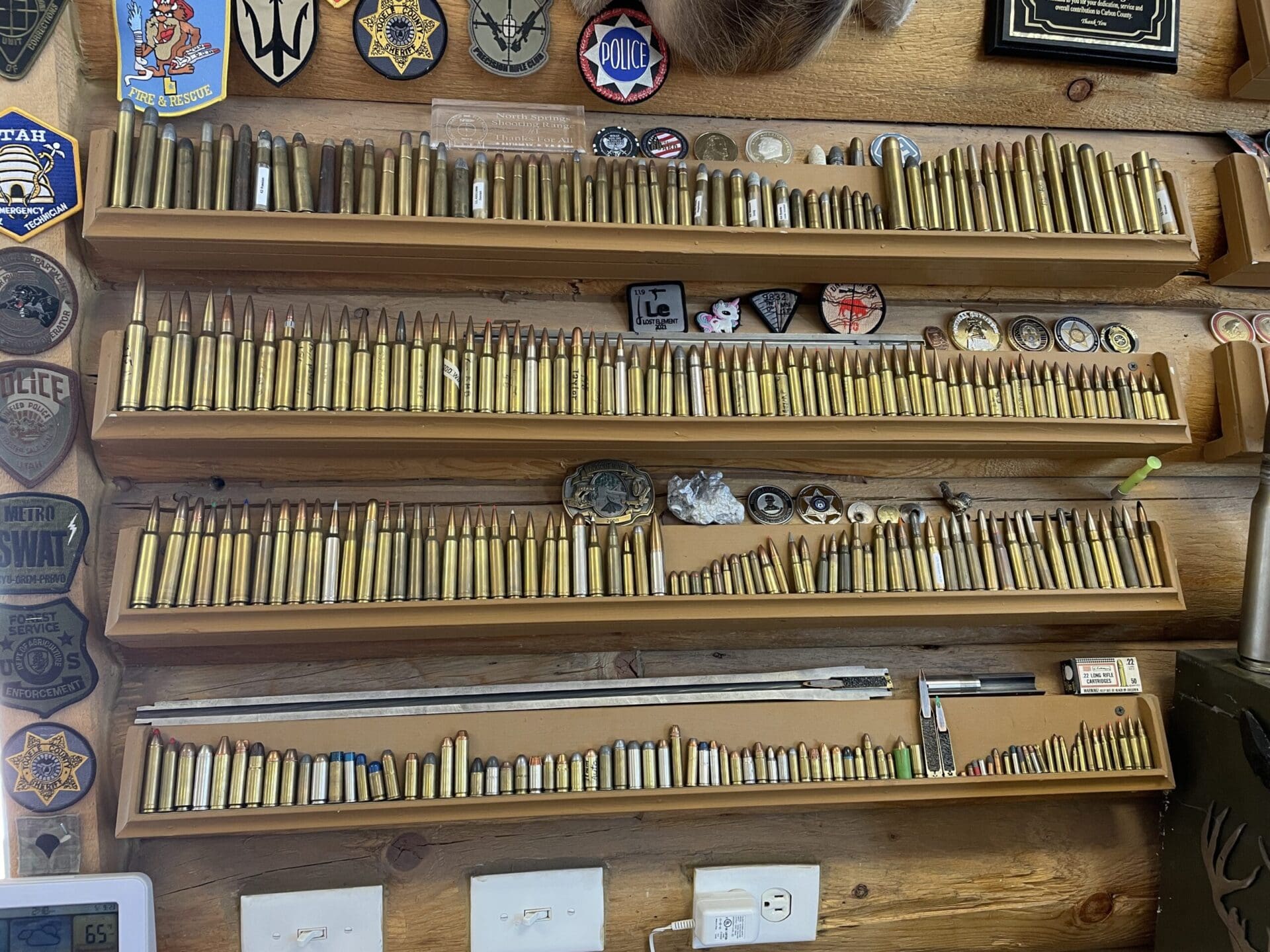
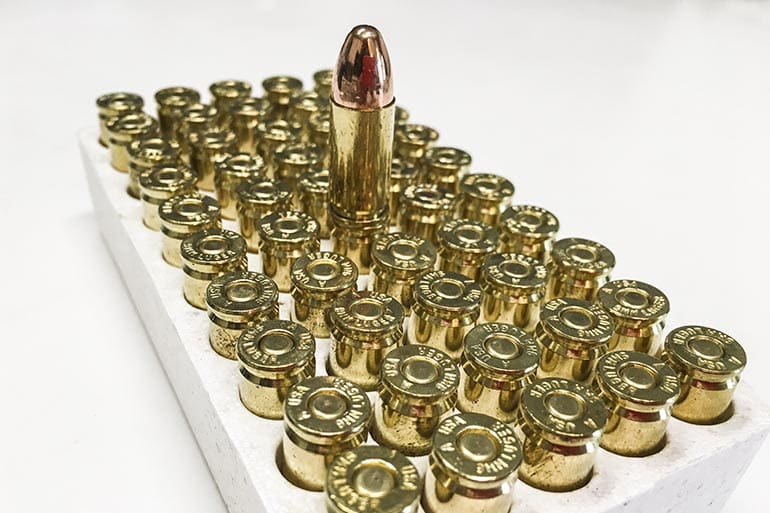

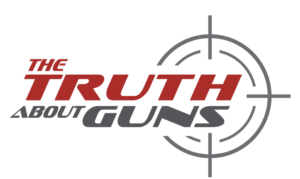
I told myself I was going to do this years ago. I need to stop procrastinating and get it done. It’s a similar to when a County Sheriff in response to State gun control, will swear all law-abiding citizens in his County as deputies.
Eww, I dont know about giving the BATFE your credit card number. Can them guys be trusted?
{The BATF}
“Can them guys be trusted?”
Just ask the folks in Waco, Texas…
this site is gender neutral, eunuch.
Eunuch! Brilliant! 😉
“She’s making progress…”
I’ll never have sex with you, and neither will Deborah… 😉
So, “type 1” is type of license you want to buy/sell standard semi-auto, bolt action, lever action etc firearms in common calibers, right?
Tim,
I believe you are correct according to the article.
However, I am concerned that the wording for a Type 1 license says that you sell firearms for a living which I can easily imagine many people do not actually do. (They may intend to buy and sell firearms and make some money at it, but I doubt that it constitutes making a living.)
I encourage you to investigate that detail thoroughly before proceeding.
Of course. And as you note, very few FFLs transfer firearms “for a living”. It’s a side-gig or part-time endeavor.
If a three year license costs $200, that’s about $65/year. “Some people” spend W-A-Y more than that every year adding to their collection (ask me how I know).
FFL charges me $35.00 (handling fee) every time I buy a gun on line plus five bucks for the background check, I could get my $200 back first year, then do handful of transfers a year at say 20 bucks a pop and it pays for itself plus you get your personal buys shipped straight to you… But is the license mobile? Can I use it in multiple states?
MaddMaxx,
“But is the license mobile? Can I use it in multiple states?”
That depends on what exactly you mean.
By definition having a federal firearms license means that you can buy firearms from anyone anywhere in the U.S. And I believe that you can sell to anyone anywhere in the U.S. although you would have to transfer through a local federal firearms licensee in the destination state when selling out of state.
In terms of buying from other states, the fun question is whether you could purchase in person in another state and transport back to your home state yourself or whether you must have out-of-state purchases shipped to your federal firearms license official address. I do not know the answer to that question.
Time to apply some Google-Fu skills.
I have residences in two states, I spend time in both depending on weather, mood whatever… I was more curious as to whether or not I could function as an FFL in either state or would it require further licensing…
The license is to do business at a certain address. If you even change locations within the same town, your license is invalidated, and you must re-apply. I believe there are certain exceptions for gun shows. But, the fact that you have 2 permanent locations would require 2 FFLs.
I believe that “ for a living” is not correct.
The idea is “for profit”
It does not have to be your main source of income.
You don’t even have to actually make a profit.
You are in business to attempt to make a profit by buying and selling guns.
An FFL is not used to enhance a personal firearms collection
Bingo. You must be “in the biz.” But, you don’t have to turn a profit. You must be able to show sales, which means you must also collect and pay sales tax. This adds a layer of things to think about. Realistically, you need an LLC or Corporation which with to conduct business (and protect yourself), be registered with your secretary of state, and report business earnings and taxes every year. You could use this to your advantage, like many other americans, and “write-off” “business expenses” as tax-deductible.
I got a C&R in the 90’s but have not used it in over ten years. The price of surplus guns has gone through the roof, and any in common calibers are even worse. I’ve seen Mosin Nagant model 38’s that used to go for $60 all day more recently going for over $500. Its a fun rifle and its worth $60, but not much more.
Any collector of military surplus the O3 C&R license is very well worth it. Whether it is a $50 old .32 Serbian pistol or an 1899 win 94 for a few K just getting it shipped right to your house instead of all the paper hassles is worth it. Doesn’t have to be a true relix either, I recently bought a S&W model 66 that was C&R qualified from an auction house.
And, if you like auctions, the big auction houses will usually send you their catalogs free without even asking for them if you have your FFL on file with them.
At this time do you really want to register your home as a place of business for firearms ? Same concerns as should I buy a suppressor or SBR now?
When the balloon goes up the first places Bidens KGB are going will be those the government knows contraband weapons will be found. Places the ATF know for certain you have 3 gun safes in the spare bedroom. and that you are listed as owning suppressor serial number xyz123 or an SBR. Why make it easy for the communists ?
Defund ATF
Heysus (so as not to degrade the Son of God), that’s a lot of shirt (again, honoring the Lord) to be allowed to sell firearms.
I’m digging TTAG.
Best,
Dave
These days getting or even applying for an FFL license is like tell the BATF to come and get your guns. Cause that’s the first list they’re going to use to take any firearms that become illegal by government fiat.
In fact the next list will be your state’s list of anyone who has a carry license. (that includes me sad to say)
Yep. Can you imagine even in an all red state that the AG will refuse to provide that list if subpoenaed by the BATF? I would guess there might be a couple that would resist but that won’t amount to many.
Yeah. No matter how far off the grid you are you’ve left a trail that can be followed by searching the credit cards and banks databases. Bought something at a gun store? Bam on the list to be checked on. Even if it was ammo (which may be soon illegal too!!!)
So we better hope that the chickenshits in the Senate on the GOP side are smart enough and scared enough of having over 75 million gun owners pissed off at them and refusing to surrender their guns to an unelected illegal President.
Standby for heavy rolls.